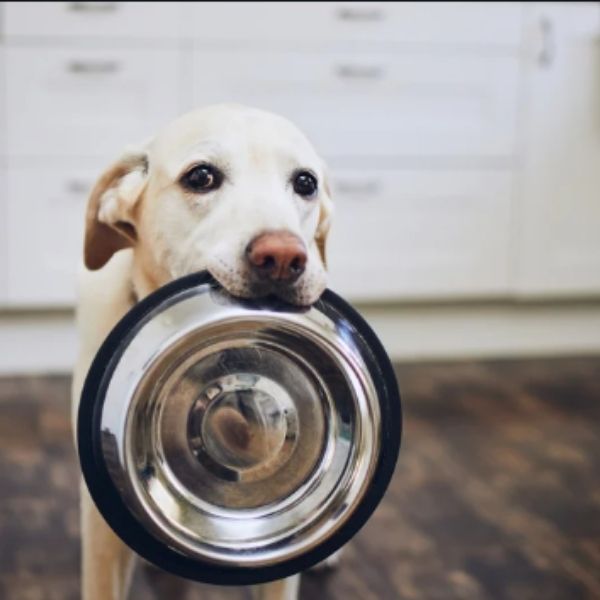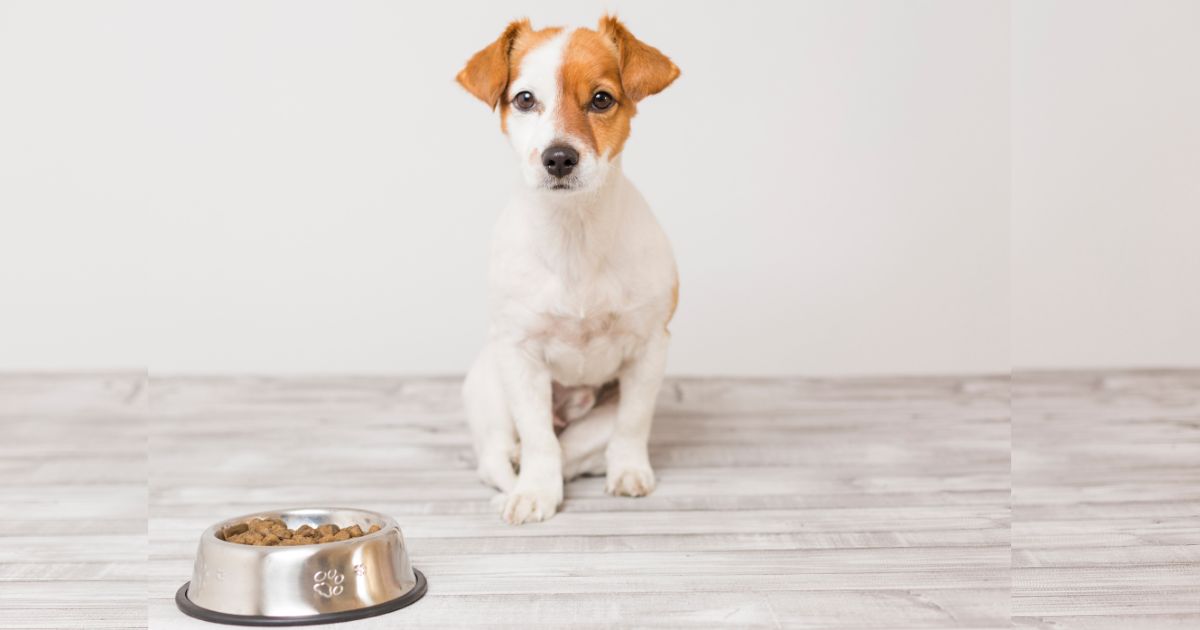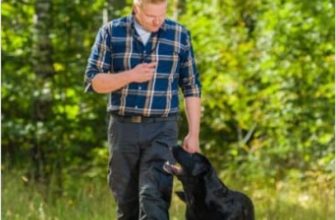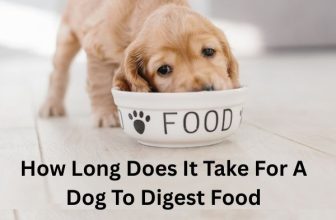
How long can Dogs go without Food. When your dog won’t eat, it can be concerning. Whether it’s missing a meal or a few days without eating, being aware of how long a dog can safely go without food — and what it means for their health — is something that all pet owners should know.
How Many Days Can a Dog Go Without Eating?
An adult dog can usually survive 3-5 days without food as long as they are drinking water. A few dogs have lived longer, but this is associated with a high level of risk of organ damage or death1. Puppies, elderly dogs or dogs with a health condition will have far shorter safe windows: Puppies, for instance, should never go more than 24 hours without a meal.
Key points:
3-5 days is considered usual for healthy adult dogs without food (though water is commonly permitted).
That he hasn’t eaten in 48 hours is a red warning light — call your vet.
Dogs go downhill real fast without water, much faster than hunger.24 hours is an emergency.
What to do if Your Dog Refuses Food?
When a dog loses their appetite, their body will first, consume the fats which are stored in their body and then move on to the proteins to obtain the energy it needs. This leads to:
- Weakness and lethargy
- Loss of weight and muscle wastage
- Sunken eyed, visible bones, and dull coat.
- Problems like suffering from vomiting bile
- Organ damage in the case of starvation over a longer period.
Why Might a Dog Not Eat?
There are a number of reasons why a dog might be turning its nose up at food such as:
- Illness or discomfort (dental problems, infections, GI issues, chronic illness)
- Stress or emotion distress (change in environment, loss of a mate, anxiousness)
- Side effects of medication or recent vaccinations
- Spoiled or unappealing food
- Grogginess or pain after surgery
It’s not the weight loss itself but the loss of appetite that is also factored in. If your dog misses more than one meal, watch for other signs, such as vomiting, diarrhea, lethargy or alterations in its drinking behavior.
Is Fasting Ever A Safe or Good Idea for Dogs?
Some pet owners, accustomed to fasting in human diets, question whether fasting is actually healthy for dogs. Painless fastingBrief fasting can help digestive rest in some individuals, but lengthy or frequent fasts are risky:
- Hypoglucemia: especially in small breeds and puppies.
- Loss of muscle and impaired immunity
- Gastrointestinal symptoms and bilious emesis
- Increased stress and anxiety
- Nutritional deficiencies
“A dog should be on a normal diet of healthy foods,” veterinarians recommend. If you fast or change your diet, do so only under professional supervision.

What To Do When Your Dog Won’t Eat?
- Monitor water intake: Make sure your dog is drinking. Obviously, a day without water is an emergency.
- Watch for other symptoms: Lethargy, vomiting, diarrhea or sudden weight loss need to be seen by a vet pronto.
- Offer bland food: Try giving them boiled chicken and rice, or heating up their regular food to make it taste good to them.
- Hand-feed or offer food toppers: A little bribery never hurts, right?
- Call your veterinarian: If your dog skips more than two meals, or if you see any signs you’re worried about, get some professional advice.
FAQs
Is it ok if my dog misses a meal?
Yes, dogs that are healthy can safely skip a meal now and then. But skipping more than one meal or experiencing other signs should be brought to the spotlight.
What if my dog is drinking water but not eating?
This may be a sign of nausea, pain, or illness. Go to the vet if it persists for over 24-48 hours.
How long can a dog live without food as opposed to the amount of time it can live without water?
Yes. Dogs can last 3-5 days without food while they can survive 2-3 days without water. Dehydration is a lot more dangerous, a lot quicker.
Does it make sense to have my dog fast for health?
Generally, no. The risks of fasting (hypoglycemia, muscle loss, stress, deficiencies) outweigh the benefits for most pet dogs.
When should my dog’s lack of appetite worry me?
If your dog has not eaten for more than 48 hours, consult your vet, or sooner if they are experiencing other symptoms, like vomiting, diarrhea or lethargy.
Final Thought
A healthy adult dog could survive a few days without eating but not eating for more than two days could be a sign of a more serious problem. Be sure to keep an eye on whether your dog eats or drinks as usual, too, and check in with your veterinarian if you are worried. Your quick response can be a game changer when it comes to your pup’s health and happiness.







